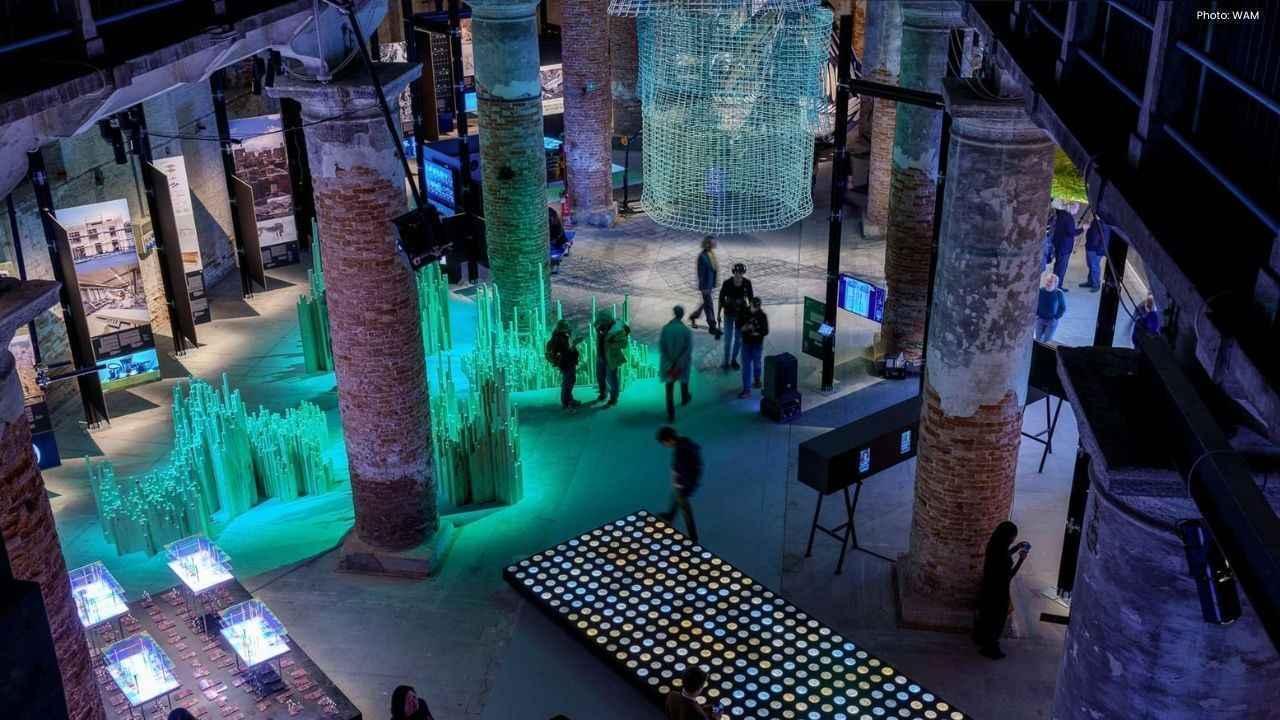
Post by : Mariam Al-Faris
Dubai Future Foundation (DFF), in partnership with MIT Senseable City Lab, has launched a groundbreaking project called Re-Leaf. This initiative uses artificial intelligence (AI) to study how trees help cool urban areas and make cities healthier. The project represents a new step in designing cities that are both sustainable and comfortable for people to live in, especially in warmer regions like the UAE.
The Re-Leaf project was presented at the 19th International Architecture Exhibition – La Biennale di Venezia 2025, one of the world’s most respected design and innovation platforms. By showcasing Re-Leaf in Venice, Dubai highlights its growing role as a leader in global sustainability and urban innovation. The project shows how the UAE is sharing solutions that can help cities everywhere adapt to the challenges of climate change and rising temperatures.
Re-Leaf is a product of the Senseable City Dubai (SCD) program — the first-ever MIT Senseable City Lab established in the Middle East. The collaboration combines MIT’s global expertise in data-driven urban research with Dubai’s vision of building smart, sustainable cities. Using AI and advanced computer analysis, researchers studied how different types of trees reduce heat in cities and how urban greenery can be used more effectively to combat rising temperatures.
The project analyzed more than 2,000 trees using satellite images, street-level photography, and thermal imaging. Artificial intelligence was used to measure how much cooler tree-covered areas are compared to other parts of the city. This created the first comparative dataset of urban greenery across four major cities — Amsterdam, Dubai, Los Angeles, and Rome. The results provide valuable insights into which trees perform best in cooling urban environments.
The findings show that trees can be up to 15°C cooler than nearby surfaces, proving their vital role in reducing urban heat. The research also revealed that native drought-resistant species, such as Neem trees, are much more effective in cooling than non-native trees like palms, which are less efficient. This discovery is crucial for regions such as the UAE, where conserving water while maintaining greenery is a major environmental goal.
Khalifa Al Qama, Director of Dubai Future Labs, said that Re-Leaf demonstrates how technology can be used to create real impact. “Dubai has shown that advanced technologies and partnerships can generate insights that matter well beyond our borders. With Re-Leaf, we are treating greenery as essential infrastructure for the cities of tomorrow,” he said.
Carlo Ratti, Director of MIT Senseable City Lab, added, “In a hotter world, trees must be seen as essential infrastructure, not just decoration. With AI, we can finally measure and optimise their cooling impact. Sometimes, the smartest climate technology is already rooted in the ground — and it doesn’t strain the power grid.”
At the Venice Biennale, the Re-Leaf installation features tall, skyscraper-like structures that visually represent the greenery levels in the studied cities. The taller the structure, the greener and cooler the city. This creative display captures the importance of trees in maintaining urban balance and reducing heat, while offering visitors an interactive way to understand the relationship between greenery and livability.
The Re-Leaf project is part of DFF’s broader vision to position Dubai as a global hub for innovation and sustainable urban development. It reflects the city’s belief in using advanced technology to solve the world’s most pressing challenges, including climate change, water scarcity, and urban heat. Dubai’s ongoing collaborations with top international institutions demonstrate its commitment to creating future-ready cities that blend technology, nature, and sustainability.
Re-Leaf offers a powerful reminder that trees are not just part of city decoration — they are living infrastructure that supports urban resilience. By integrating AI with environmental data, Dubai and MIT are paving the way for cities worldwide to measure, protect, and expand their green cover intelligently. As the effects of climate change continue to rise, such projects will play a key role in building cities that are both livable and environmentally responsible.
Through initiatives like Re-Leaf, Dubai demonstrates that innovation and sustainability can go hand in hand. By combining artificial intelligence with environmental science, the UAE continues to inspire the world with its practical and data-driven approach to climate action. Re-Leaf’s success could serve as a model for cities everywhere, showing how technology and nature can work together to shape a cooler, cleaner, and greener future.
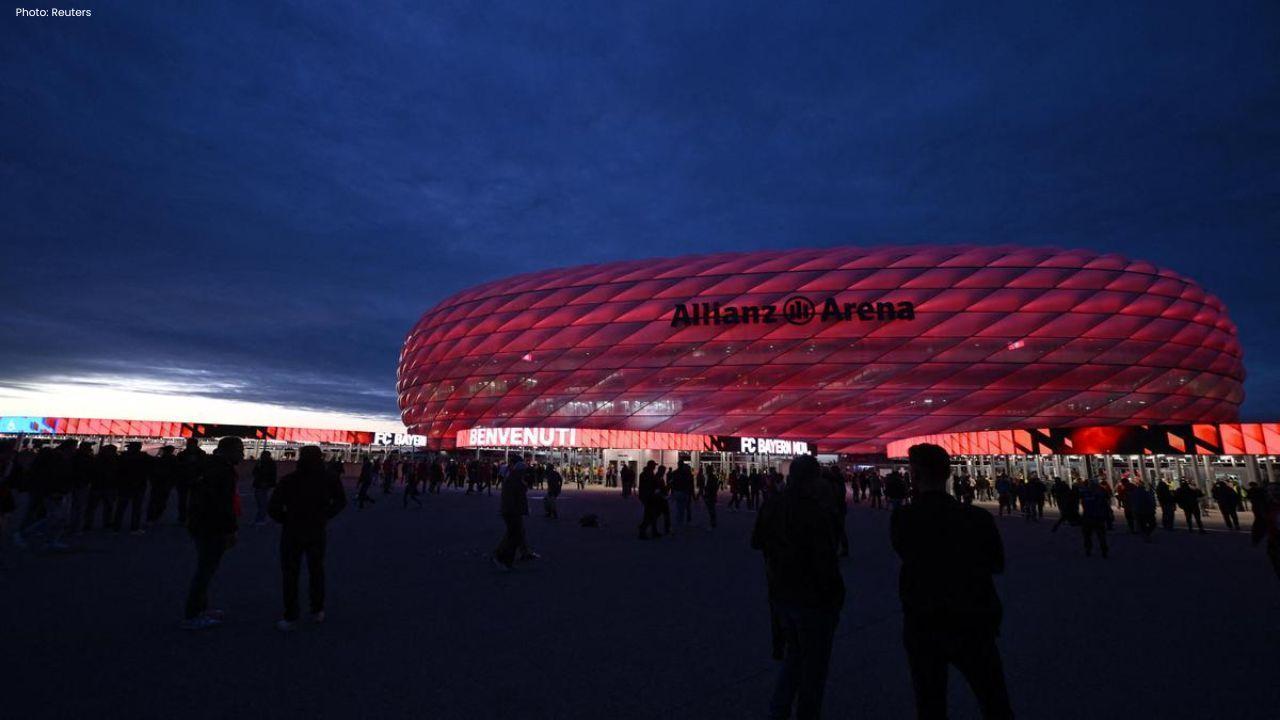


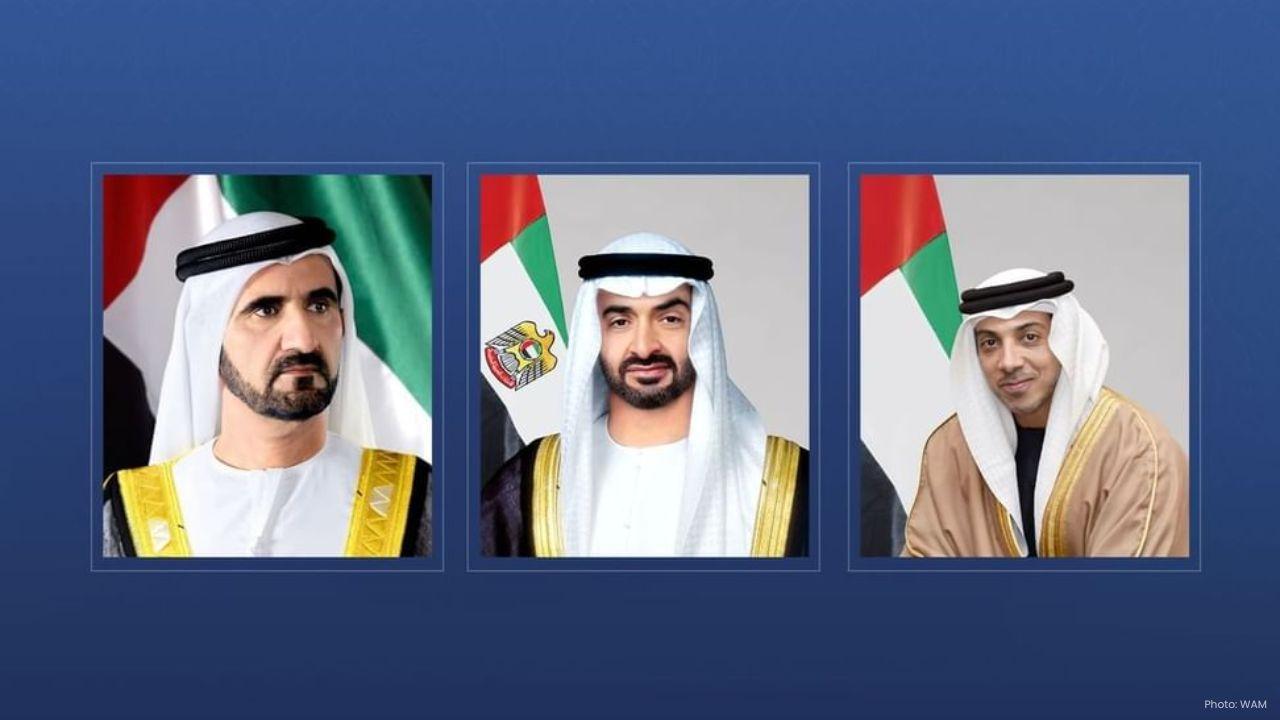
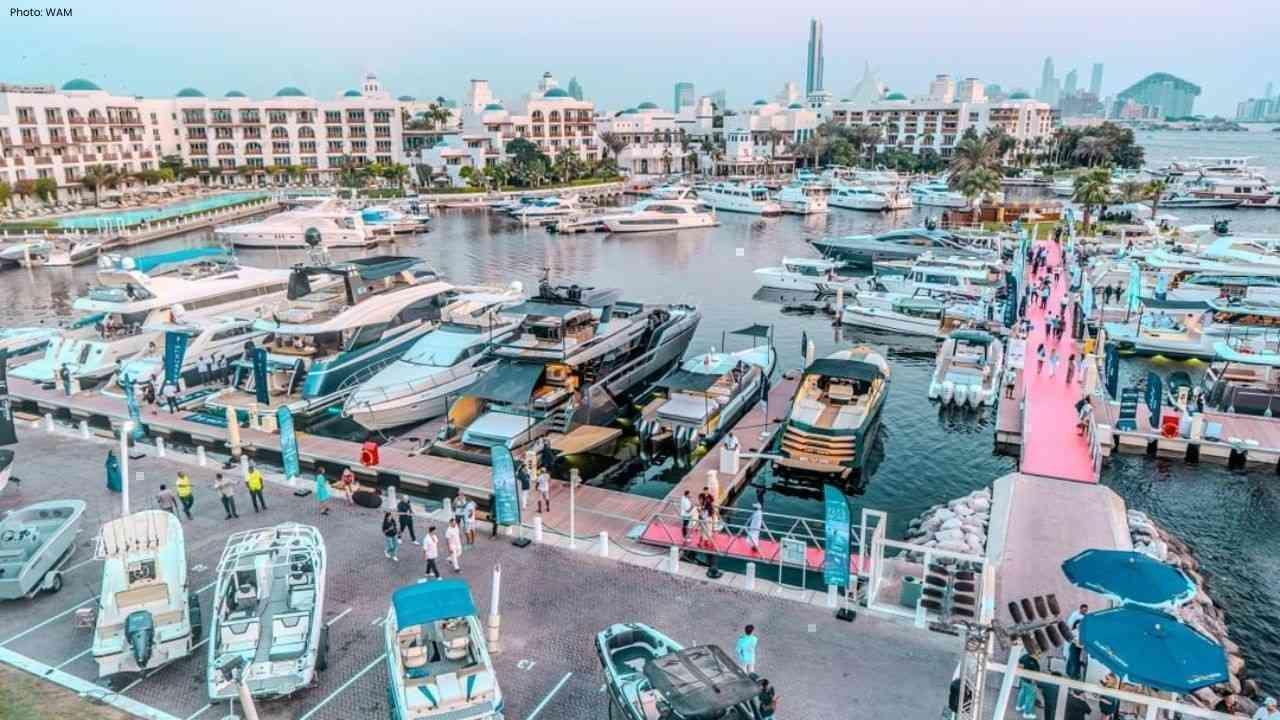

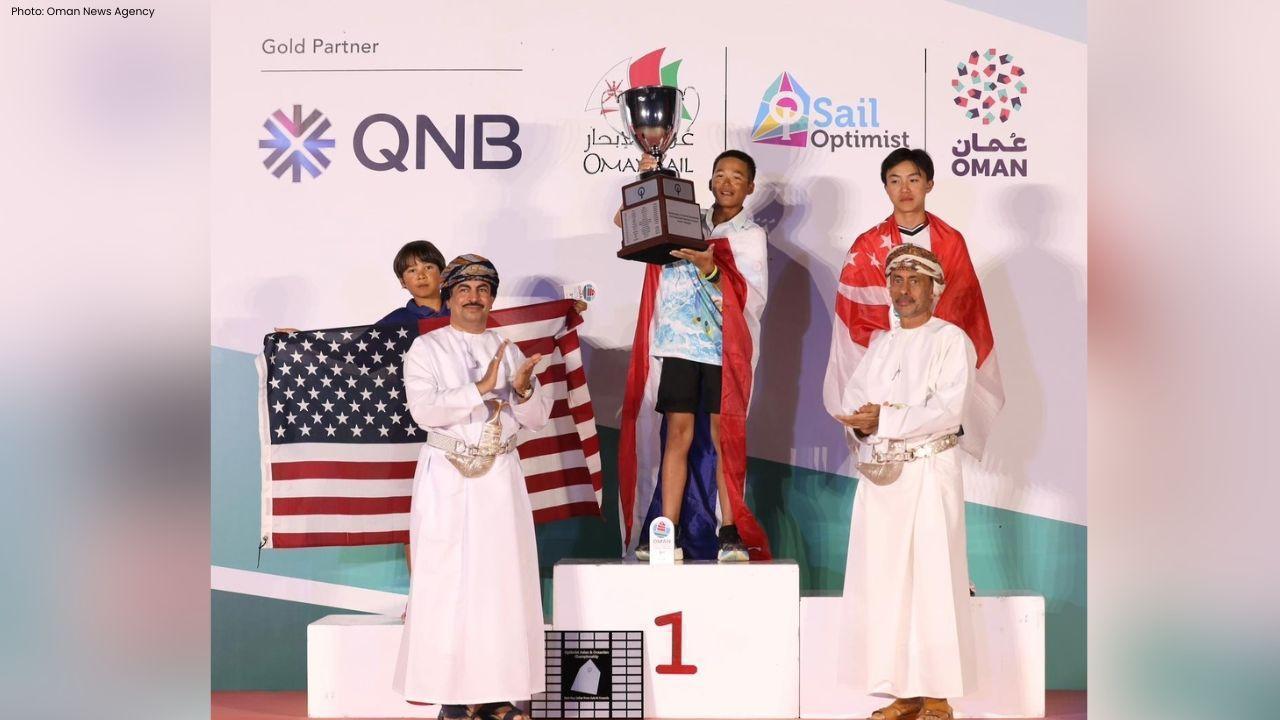
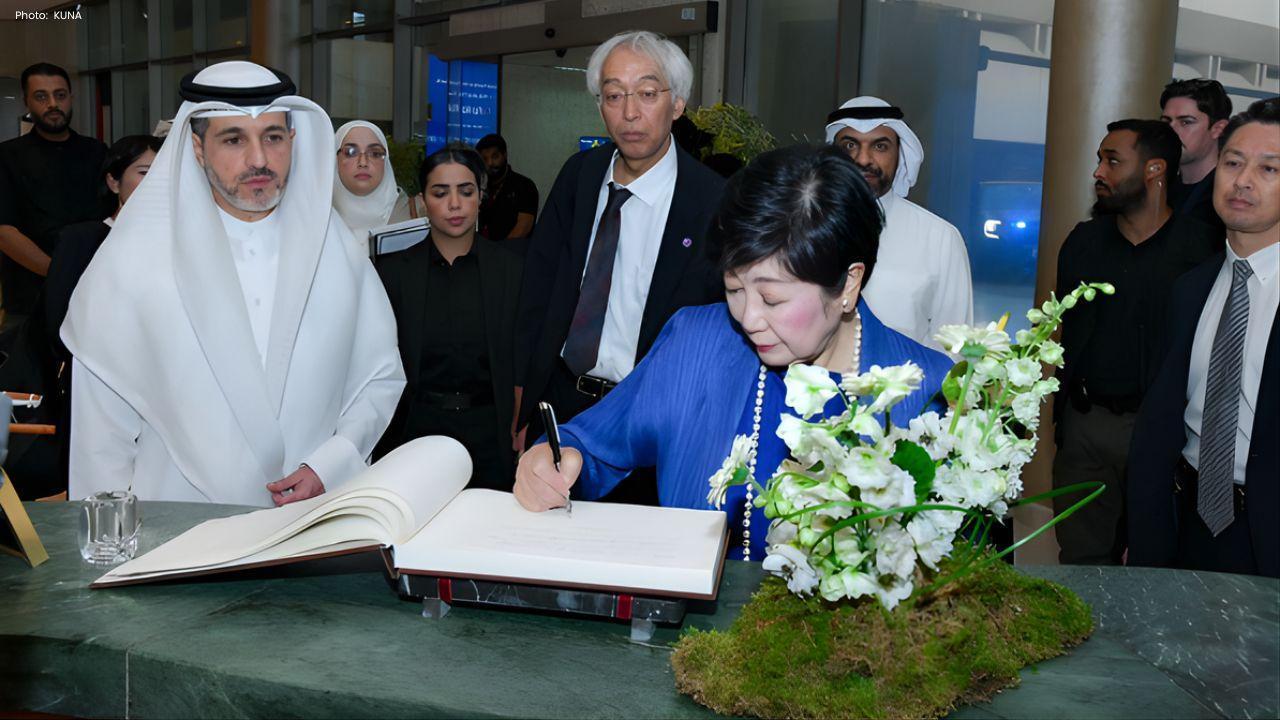


Munich To Host 2028 Final, Wembley And Camp Nou For 2029
UEFA confirms Munich will host the 2028 Champions League final, while Wembley and Camp Nou compete f

Indian Tennis Legend Rohan Bopanna Announces Retirement
Indian tennis star Rohan Bopanna retires at 45 after 20 years of success, with two Grand Slam titles
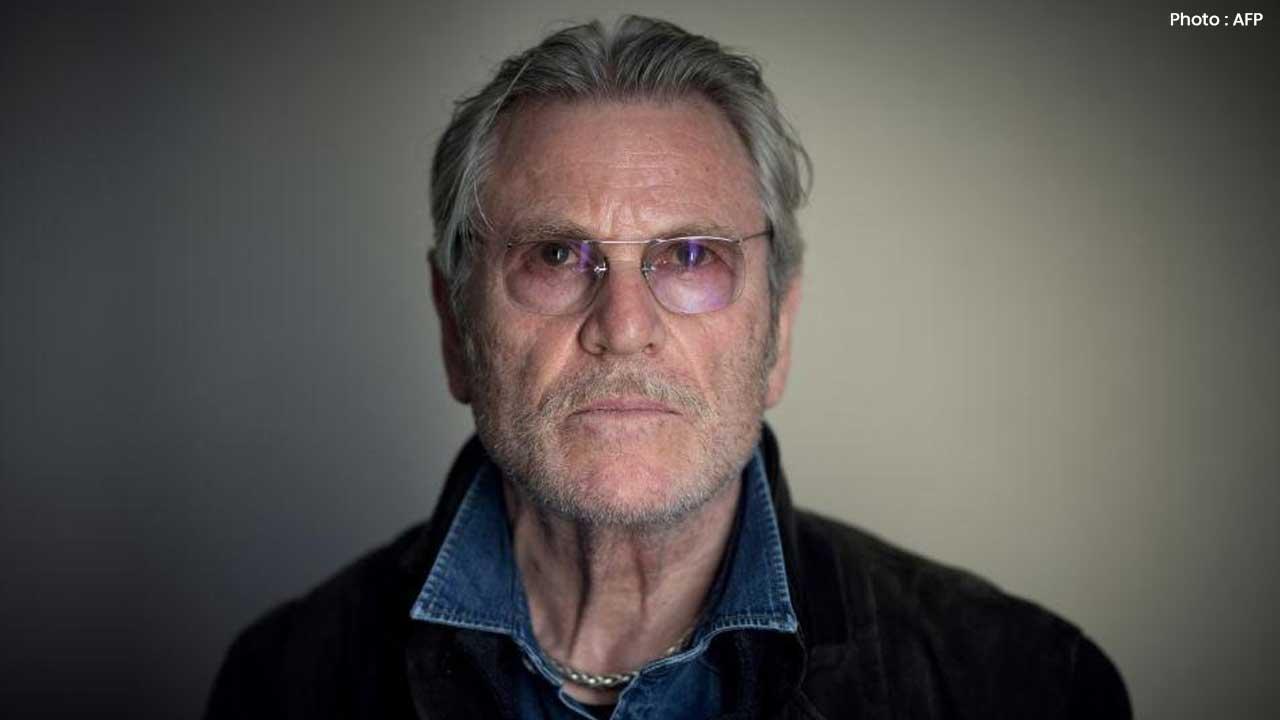
French Actor Tchéky Karyo Passes Away At Age 72
French actor Tchéky Karyo, known for Nikita and The Missing, dies at 72 after a battle with cancer,

New Zealand Beat England To Seal 3-0 ODI Series Sweep
New Zealand defeated England by two wickets in the third ODI at Wellington, sealing a 3-0 series swe

Dharmendra Admitted to Hospital After Breathing Issue
Veteran actor Dharmendra has been admitted to the ICU after facing breathing issues. His condition i

Hazlewood Stars As Australia Crush India In Second T20
Josh Hazlewood’s fiery 3-13 spell helped Australia bowl out India for 125 and chase the target easil